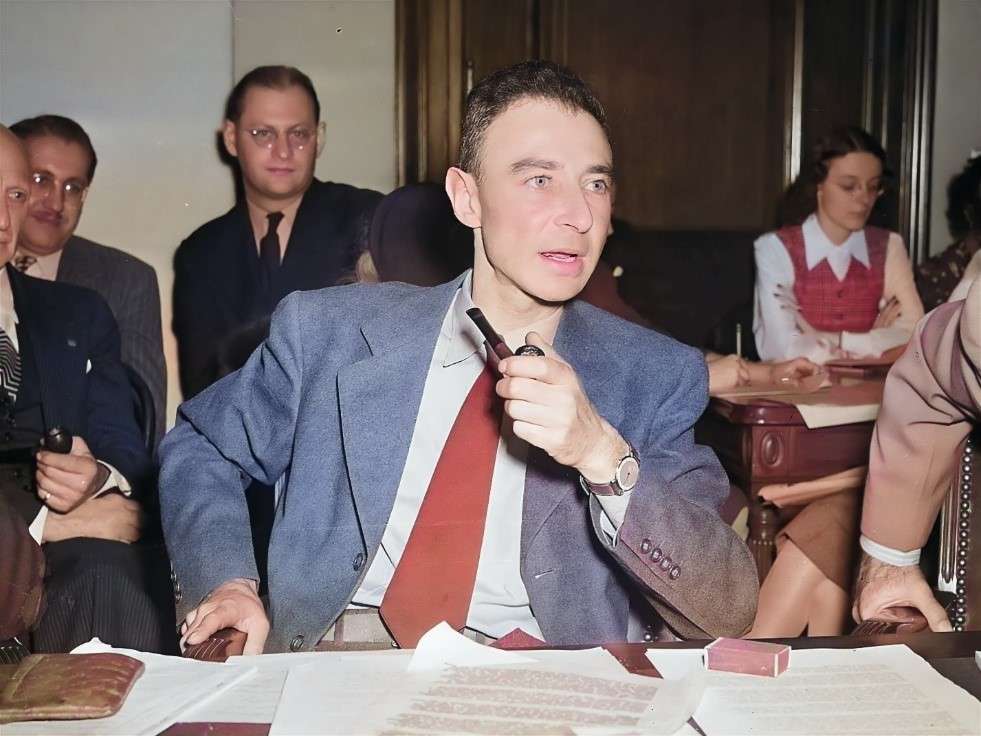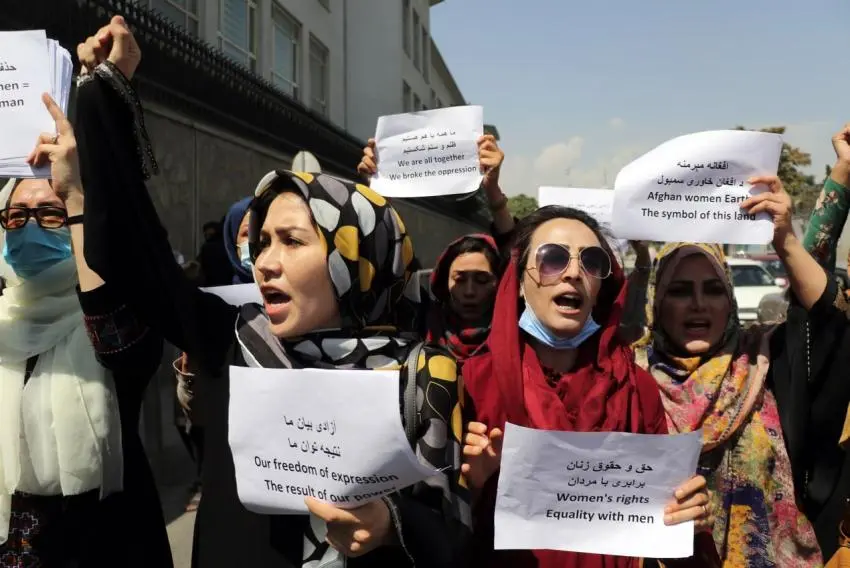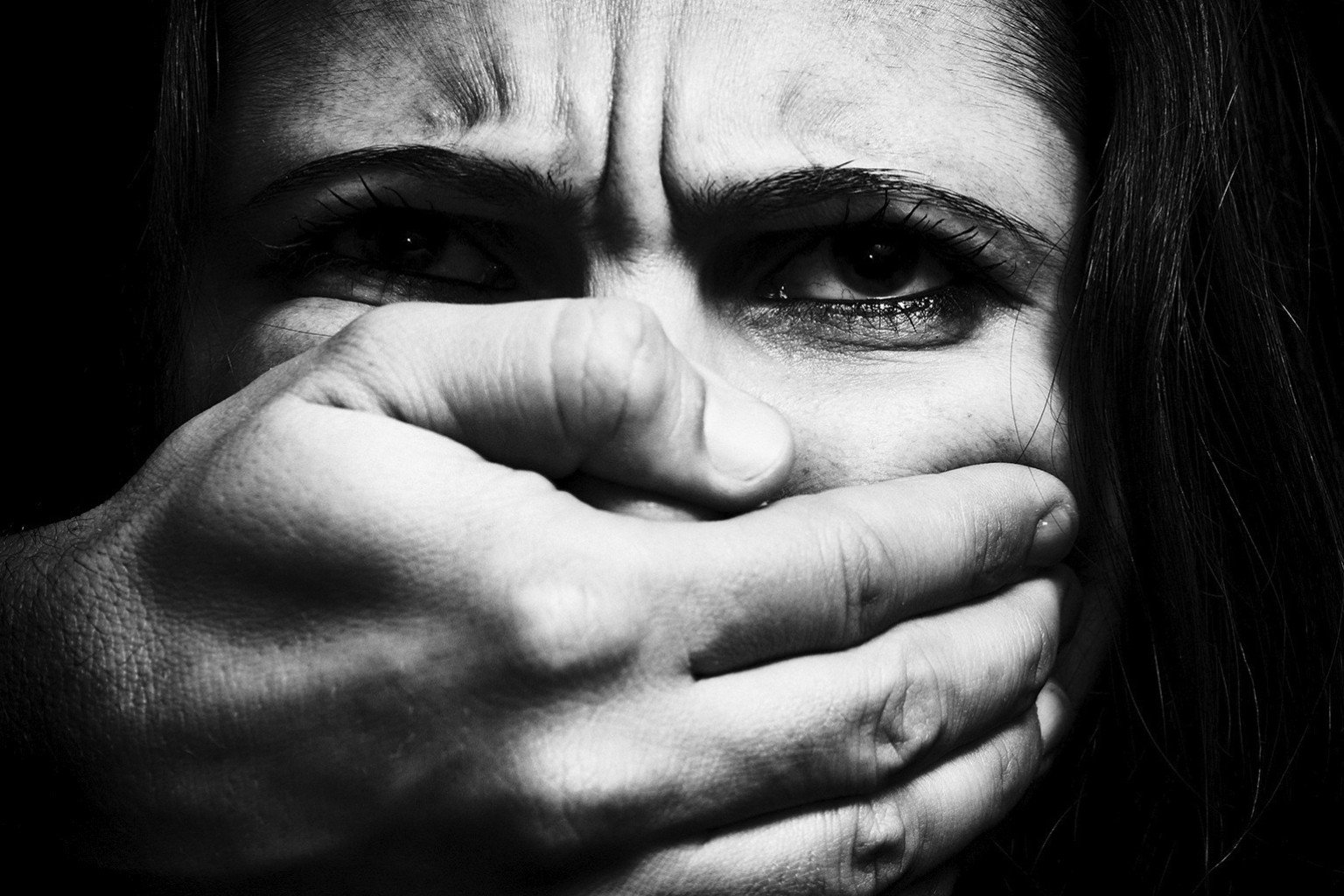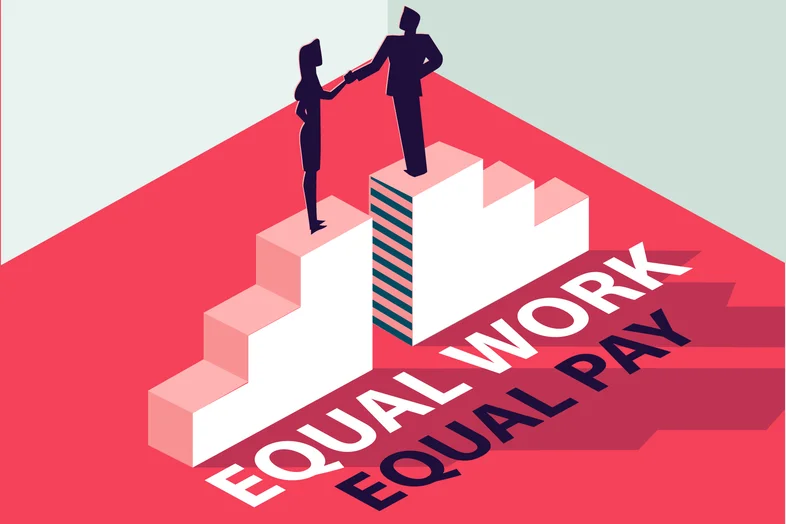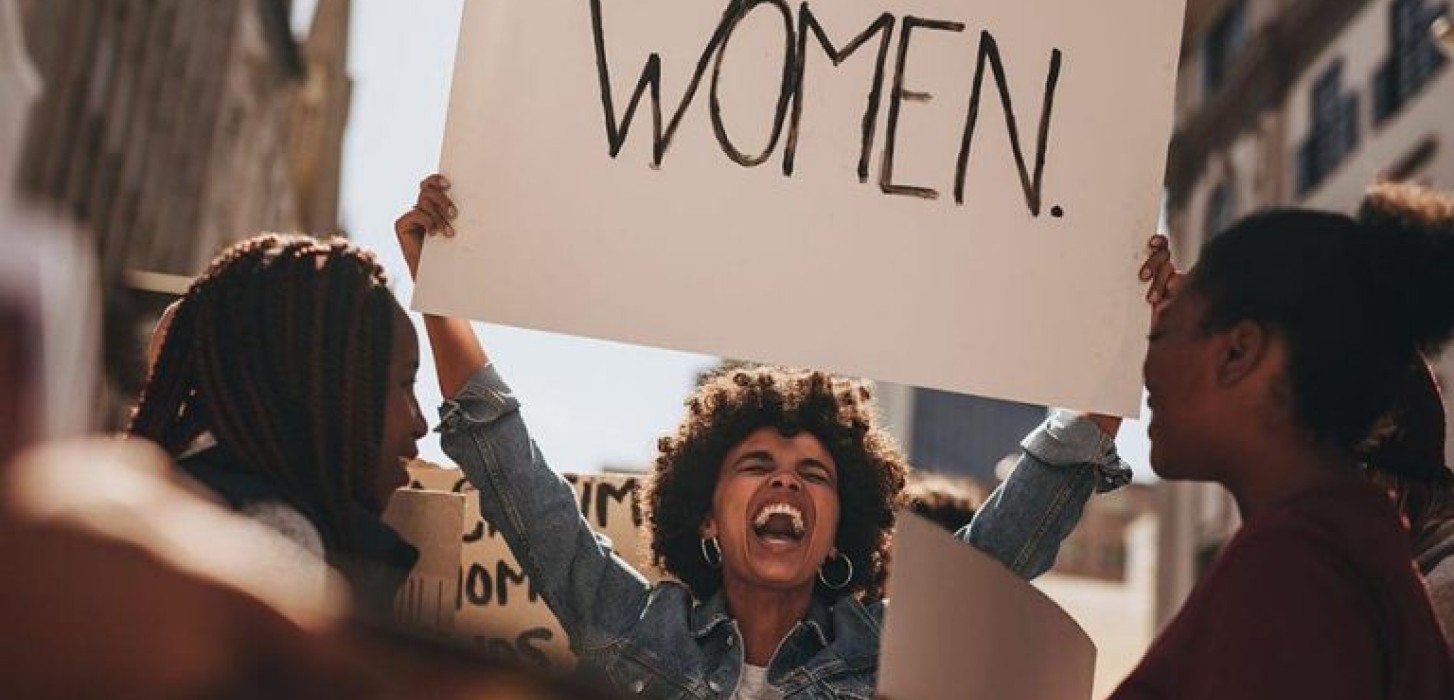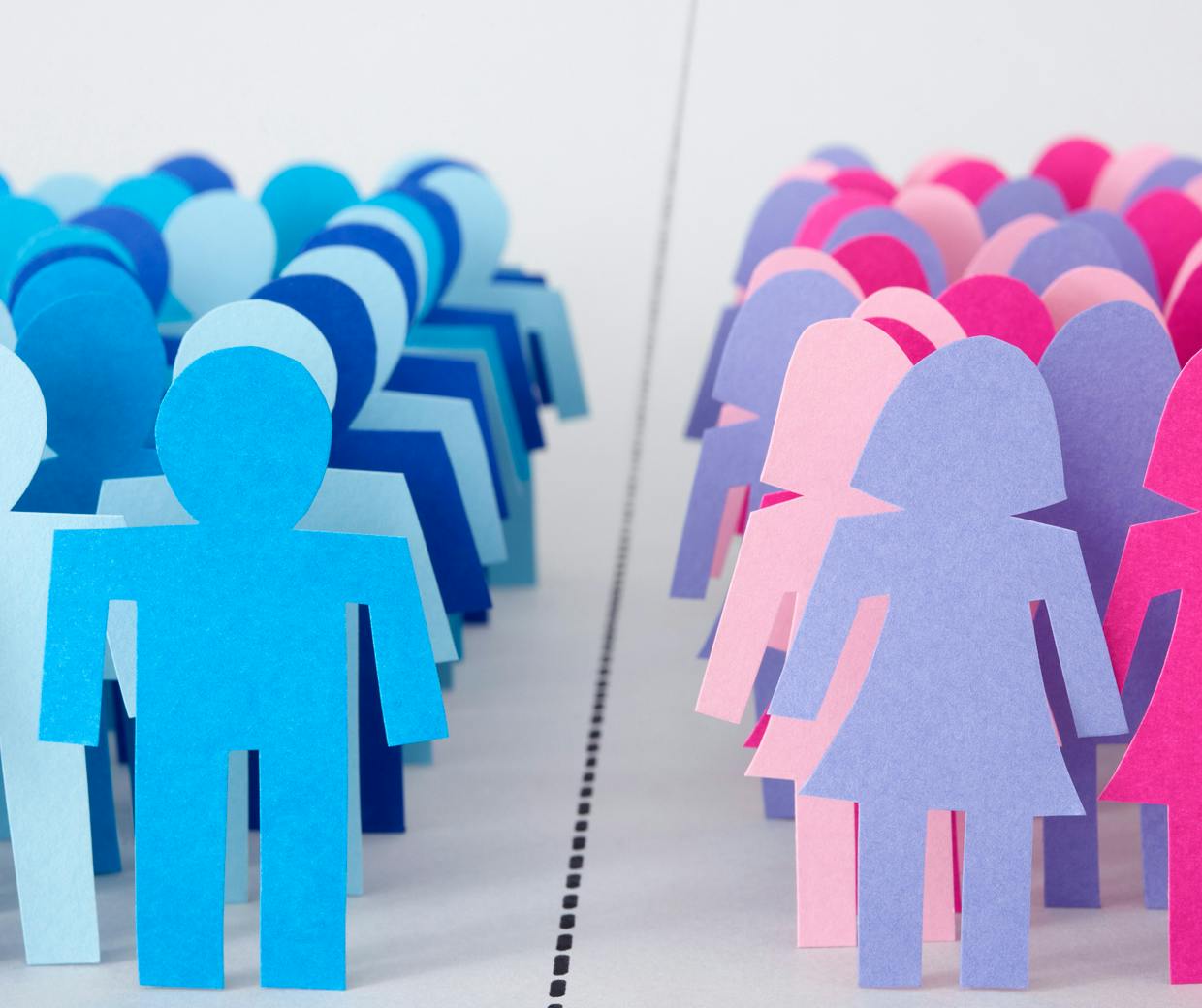GENDER & DEVELOPMENT FOCUS AREA - WOMEN
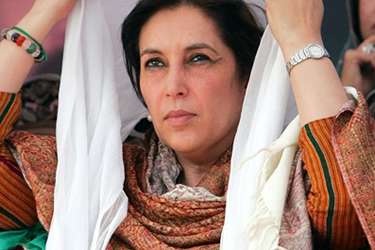
Women in Politics
The Constitution and the law of Pakistan protect the political rights of women. The law is, however, not implemented in its true spirit, which has created an environment where women are still marginalized in various aspects of political participation. Although their participation is increasing, their presence in political parties as decision makers is very rare. Women lack financial resources and mentoring which makes it harder for their full participation, in comparison to their male counterparts, in the electoral process. International and domestic commitments made by the Government of Pakistan necessitate that a favorable environment be created for women’s participation in politics, both as candidates and voters.
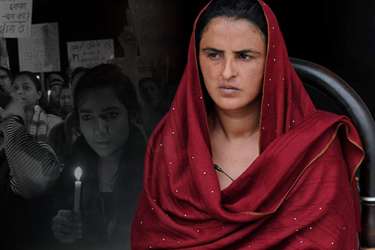
Violence Against Women
Violence against women (VAW) is a global phenomenon, which cuts across class and income groups. In Pakistan VAW incidents include: verbal abuse, beating, sexual harassment, underage and forced marriages, trafficking, forced prostitution, honor killings, acid attacks, stove burning, and bartering of girls to settle tribal disputes. Despite women’s concerns about the situation, they tend to suffer in silence, mostly to avoid the breakdown of family relationships, and because of their dependent status, due to a lack of support systems.
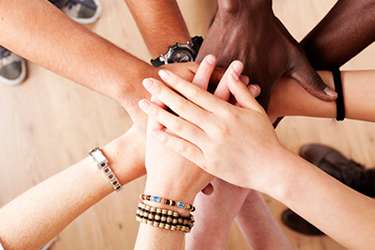
Equal Pay for Equal Work
Equal pay for equal work or pay equity refers to the principle of equal remuneration for work of equal value. Although it is a fundamental right enshrined in the International Labor Organization’s Equal Remuneration Convention, 1951 (No. 100), pay equity has remained largely unattained and women around the world continue to face pay discrimination (ILO, 2008). Pakistan ratified the Equal Remuneration Convention in 2001, and the Discrimination (Employment and Occupation) Convention, 1958 (No. 111) in 1961. Pakistan has also ratified the Convention on the Elimination of All Forms of Discrimination against Women (CEDAW), which asserts the right to equal remuneration for work of equal value. However, despite these commitments, women in Pakistan still face pay discrimination.

Women in Politics
The Constitution and the law of Pakistan protect the political rights of women. The law still needs to be implemented in its true spirit, creating an environment where women are not marginalized in various aspects of political participation. Although their participation is increasing, their presence in political parties as decision-makers is very rare. Women lack financial resources and mentoring, making it harder for them to participate fully in the electoral process like their male counterparts. International and domestic commitments made by the Government of Pakistan necessitate a favorable environment for women’s political participation, both as candidates and voters.
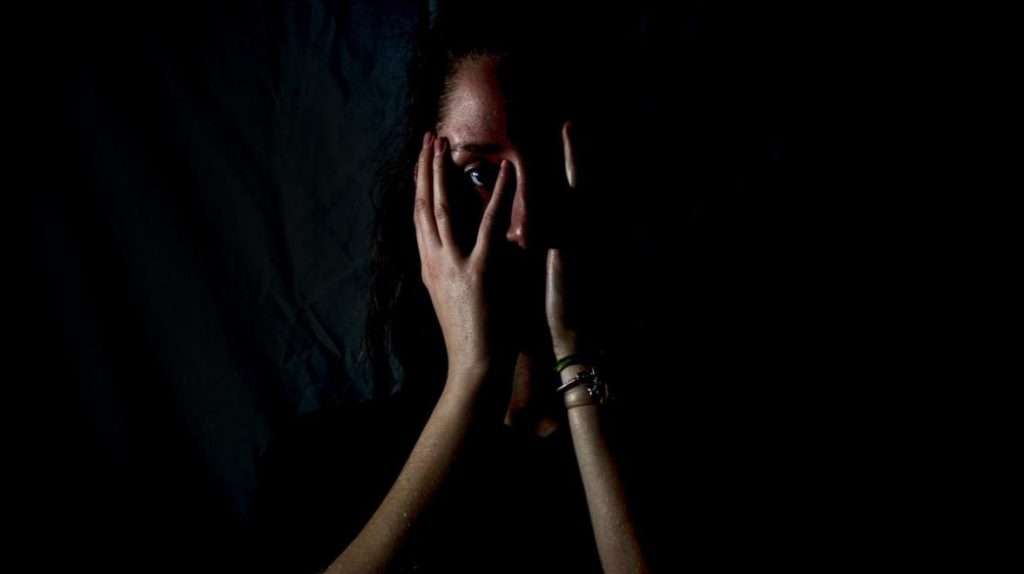
Violence Against Women
The issue of violence against women (VAW) is a widespread occurrence that transcends social and economic boundaries on a global scale. In Pakistan, incidents of violence against women (VAW) encompass a range of forms, including verbal abuse, physical assault, sexual harassment, coerced and underage marriages, human trafficking, forced prostitution, honor killings, acid attacks, stove burning, and the exchange of girls as a means of resolving tribal conflicts. Women often choose to remain silent about their concerns despite the challenges they face. This is primarily due to their desire to maintain familial relationships and their dependent status, exacerbated by a lack of support systems.
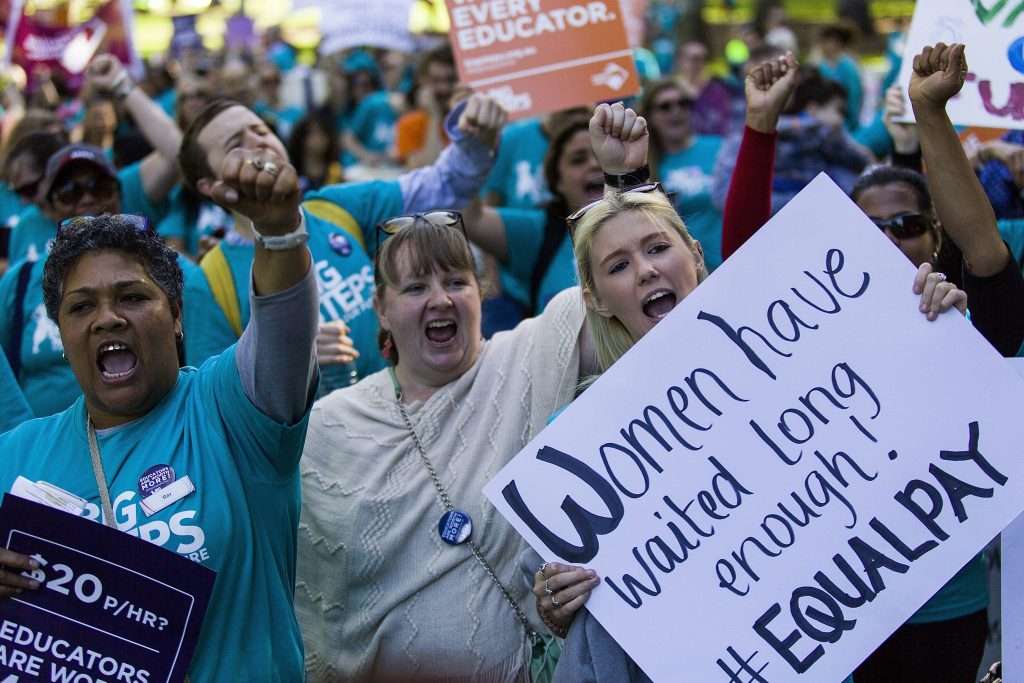
Equal Pay for Equal Work
Equal Pay for Equal Work, also known as, pay equality means equal remuneration for equal effort. Although it is a fundamental right enshrined in the International Labor Organization’s Equal Remuneration Convention, 1951 (No. 100), pay equity has mainly remained unattained. Women worldwide continue to face pay discrimination (ILO, 2008). Pakistan ratified the Equal Remuneration Convention in 2001 and the Discrimination (Employment and Occupation) Convention in 1958 (No. 111) in 1961. Pakistan has also ratified the Convention on the Elimination of All Forms of Discrimination against Women (CEDAW), which asserts the right to equal remuneration for work of equal value.
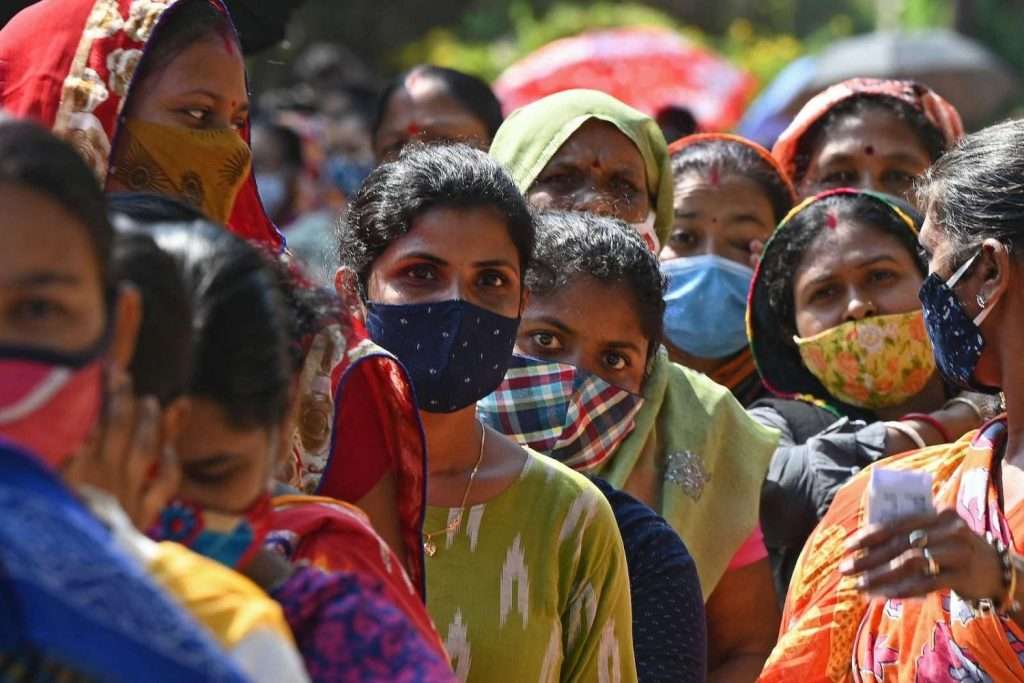
Economic Empowerment
Women’s economic empowerment is crucial to a nation’s development and economy. Pakistan has adopted several critical international commitments to gender equality and women’s human rights, including the Universal Declaration of Human Rights, the Beijing Platform for Action, the Convention on the Elimination of Discrimination Against Women, and the Sustainable Development Goals. However, women are still vulnerable in Pakistan and remain among the lowest in economic empowerment in the world despite all of these initiatives. UN Women says empowering women economically leads to gender equality, poverty eradication, and inclusive economic prosperity.

Gender Stereotypes in Media
Gender stereotypes are generalizations about the roles of men and women. They ignore that everyone is different and ascribe erroneous and superficial traits to each gender. In other words, stereotypes are assumptions based on gender. For instance, assuming women are not politicians or all men enjoy sports are a stereotype. Entertainment and news media shape how society views women and men. They affect cultural ideas of beauty and the role of women. When women are objectified or victimized, these stereotypes affect their social development. Women are expected to have ideal personalities and bodies. Thus, the media creates unjust gender expectations in society.
The Hidden Contributions of Women in Science: Recognizing Lise Meitner and the Power of Representation
It is imperative to recognize and honor the significant contributions of women like Lise Meitner.
Evolution of Women’s Political Expression in Pakistan
As women continue to break barriers, their political expression will play a pivotal role in shaping Pakistan’s future.
Ending the Silence: Confronting Violence against Women in Pakistan
Pakistan can pave the way toward a future where every woman is free from the shackles of violence and inequality.
Equal Pay for Equal Work: Empowering Women in Pakistan
Pakistan ranks among the lowest in Asia for female labor force participation, with cultural and social norms serving as major obstacles.
Economic Empowerment of Women in Pakistan
Women’s empowerment in Pakistan is a pivotal issue that demands attention and concerted efforts.
Gender Stereotypes in the Advertisement Industry
In the world of television in Pakistan, advertisements often play a role in reinforcing stereotypes about gender.
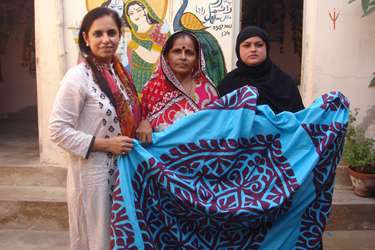
Economic Empowerment
The economic empowerment of women is globally recognized as essential for the progress of a nation and the growth of its economy. According to UN Women, investing in women’s economic empowerment sets a direct path towards gender equality, poverty eradication and inclusive economic growth. Women make enormous contributions to economies, whether in businesses, on farms, as entrepreneurs or employees, or by doing unpaid care work at home.

Stereotypes
Gender stereotypes are generalizations about the roles of men and women. They are inaccurate and simplistic attributes assigned to each gender, not taking into consideration that each individual is different, regardless of gender. In other words, stereotypes are assumptions based on gender. A couple of examples of common stereotypes are, assuming that women are not politicians or that all men love sports. Entertainment and news media have a huge role to play in how women and men are portrayed in society. They have an effect on cultural ideas of beauty and the role of women. These stereotypes influence the social development of women, especially when they are portrayed as objects or victims. There is a pressure on women to have perfect bodies and perfect personalities. Thus, media shapes unrealistic expectations about women, in the minds of the general public.

Constitution of Pakistan
The Constitution of Pakistan has incorporated provisions about the right to free & compulsory education in multiple Articles. Article 25A of the constitution highlights the fundamental right to education. The state must ensure that all children between the ages of five and sixteen receive free and compulsory education, as determined by law. Pakistan has officially endorsed the Universal Declaration on Human Rights (UDHR). Article 26 (1) of the UDHR recognizes that everyone has the right to education. Primary education must be accessible. Nevertheless, ratified international agreements in Pakistan do not have the force of law and must be implemented through legislative means.
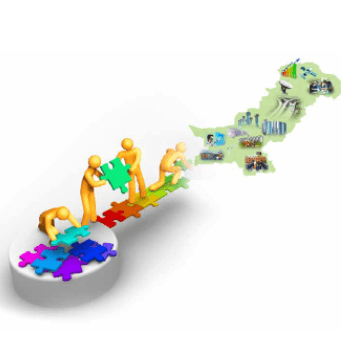
Pakistan Vision 2025
Pakistan Vision 2025 aims to expand education levels and improve education quality substantially. A significant goal of Pakistan Vision 2025 is to raise the primary school enrollment and completion rate to 100% and the literacy rate to 90% by focusing on improving access to and the quality of Primary Education. Furthermore, it includes bringing the primary and secondary gender parity index to 1 and doubling the percentage of women in the labor force from 24% to 45%. To create a knowledge-based economy, the plan asks for a significant increase in public spending on higher education from 0.2% to 1.4% of GDP and a substantial increase in enrollment from 1.5 million to 5 million.
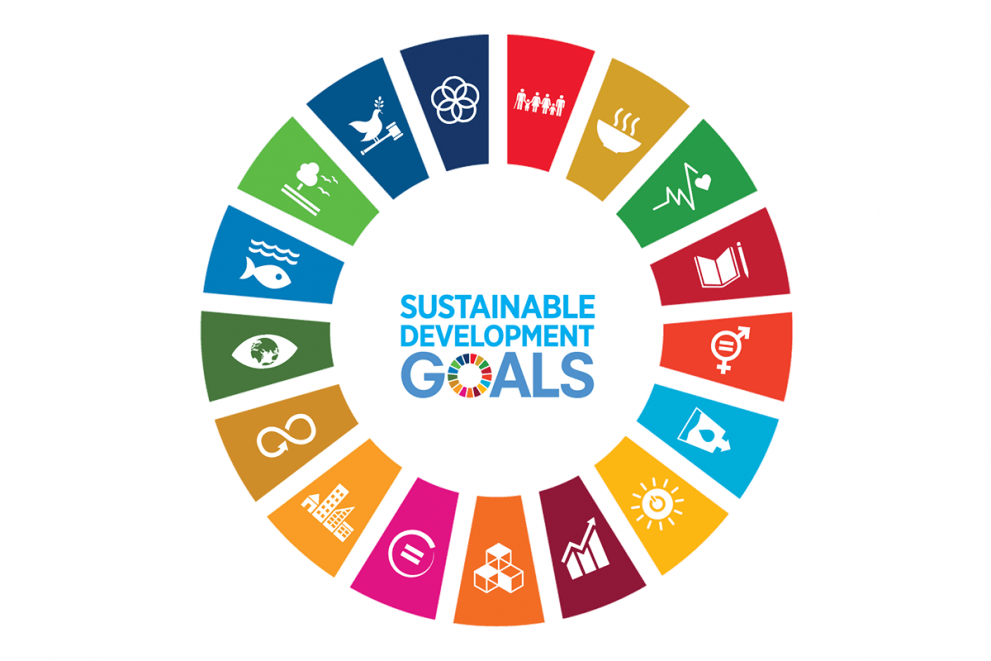
Sustainable Development Goals 2030
Sustainable Development Goal 4 (SDG 4) is about quality education. SDG4 seeks “inclusive and equitable quality education and to promote lifelong learning opportunities for all.” SDG 4 has ten education-related goals. Seven of these goals describe the expected results, while the remaining three explain the way to achieve them. The ten goals include Universal Primary & Secondary Education, Early Childhood Development and Universal Pre-primary Education, Equal Access to Technical/Vocational and Higher Education, Relevant Skills for Decent Work, Gender Equality and Inclusion, Universal Youth Literacy, Education for Sustainable Development, Global Citizenship, Effective learning environments, Scholarships, and Teachers & Educators.

Constitution of Pakistan
The Constitution of Pakistan has explicitly addressed protecting women and safeguarding their rights in multiple Articles. Article 25 of the Constitution of Pakistan ensures the principle of legal equality and impartial protection under the law while prohibiting gender-based discrimination. As per the provisions stated in Articles 25(3) and 26(2), the state is authorized to adopt measures to ensure the protection and well-being of women and children. Pakistan has ratified several conventions about women's rights and gender equality. The Convention on the Elimination of All Forms of Discrimination Against Women (CEDAW) holds particular significance among these international commitments.

Pakistan Vision 2025
The aim of Pakistan Vision 2025 is to create a place where women can be free from discrimination and reach their full potential so they can help the country's economic and social growth. The rules safeguarding women's rights must be fully implemented, and the enforcement machinery should be gender sensitized. Thus, strict adherence to the law will protect women against harassment in the workplace. Women's economic independence must be encouraged by facilitating access to education and business opportunities. Daycare facilities must be set up in various locations to encourage working mothers to keep their jobs after starting a family.

Sustainable Development Goals 2030
Gender equality is a human right and essential for peace, prosperity, and sustainability. Goal 5 of SDGs is to achieve gender equality and empower all women and girls. The Sustainable Development Agenda, adopted by UN Member States in 2015, set a 2030 deadline for the achievement of gender equality and the empowerment of all women and girls. Sustainable Development Goal 10: “Reduced Inequalities" aims to reduce disparity within and between nations. This Sustainable Development Goal aims the reduction of income disparities as well as those based on age, gender, disability, race, ethnicity, origin, religion, or economic status within a country.

